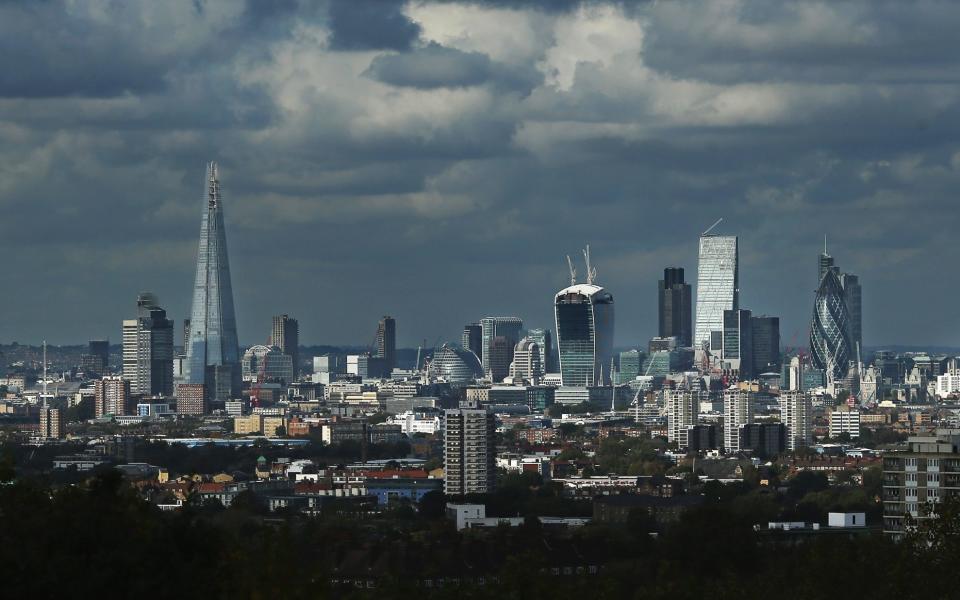Private equity binge threatens to trigger financial crisis, warns Bank of England

The Bank of England has warned that private equity poses a risk to financial stability as it launches a review of the $8 trillion (£6.3 trillion) industry.
Officials are concerned about the value of assets controlled by private equity companies, such as commercial property and businesses.
It is also unclear how much money had been lent against them, raising the risk of a dangerous chain reaction should values suddenly drop.
It comes after years of takeovers and borrowing by private equity, fuelled by ultra-cheap credit before interest rates began to rise in December 2021.
Some of Britain’s biggest companies are now backed by the industry, including the supermarkets Asda and Morrisons, defence company Cobham and Legoland operator Merlin.
The Financial Policy Committee (FPC), a part of the Bank which is in charge of monitoring UK financial stability, is launching a review of the market to better understand the risks.
Banks have become tightly regulated in the wake of the financial crisis, limiting their ability to make risky bets, but borrowing by private equity is not directly controlled or monitored to the same degree.
This enabled private equity to take advantage of interest rates as low as 0.1pc for a buying spree.
The industry has boomed as a result, raising record amount of cash from investors to plough into buying companies.
A fraction of the price paid by a private equity firm comes from these funds, with the rest of the price tag coming from money raised through bonds and loans in the debt markets.
This debt pile can leave private equity-owned companies more heavily indebted and make them vulnerable if interest rates move higher.
Over the past two years, the Bank has raised rates to 5.25pc in an effort to keep a lid on inflation, leading to increased default rates.
In minutes from its March quarterly meeting, the FPC said: “The private equity sector, which is closely related to private credit and leveraged lending, plays an important role in channelling finance to the UK real economy.
“Finance for riskier corporates could be particularly vulnerable to a significant deterioration in investor risk sentiment.
“More recently, higher interest rates have made it more difficult for private equity funds to raise investment, contributing to downward pressure on asset valuations.”
Private equity trade body BVCA cautioned against viewing the industry’s use of debt as dangerous.
Michael Moore, chief executive of the BVCA, said: “The private equity model of active ownership focuses on delivering long-term growth.
“Where leverage is used, it is part of a capital structure appropriate to the business using it. Lenders are sophisticated commercial parties and are incentivised to ensure that the arrangements promote the company’s growth prospects.
“As we saw during the global financial crisis, the PE model is tried and tested. Private capital has been an important part of the UK economy for over 40 years, showing its resilience through different economic cycles.”
Bank officials also signalled that investors may be too optimistic about the economic recovery and interest rate cuts.
They said: “Asset prices are stretched. The risk of a sharp correction in a broad range of asset prices has increased.
“Investors in financial markets expect the economy to continue to recover and inflation to fall. They are putting less weight on risks that might cause weaker growth or interest rates to stay higher than expected.
“That means there is a greater risk of a sharp fall in asset prices, which could ultimately make it more costly and difficult for UK households and businesses to borrow.”
Catherine Mann, who voted to hold borrowing costs at 5.25pc last week, said investors had become “complacent” about the prospect of falling interest rates.
Ms Mann said she was concerned that expectations about a “substantial easing” had gone too far.
